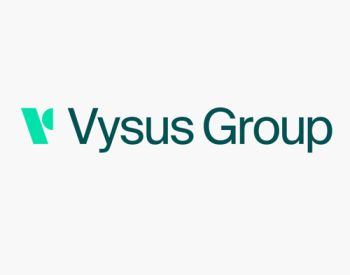Client
NPIC (Nuclear Power Institute of China)
Asset
Floating Nuclear Power Plant
Location
Client challenge
Our client, NPIC, (the Nuclear Power Institute of China) is located in Chengdu, Sichuan and is a subsidiary of the China National Nuclear Corporation (CNNC). It is the only large-scale comprehensive R&D base in China incorporating reactor engineering research, design, testing, operations and small batch production. They were conducting research on Floating Nuclear Power Plants (FNPP) with Small Modular Reactors (SMR). This posed several challenges, specifically how to navigate the safety issues from being a land based nuclear reactor to being at sea.
NPIC commissioned Vysus Group to design a systematic methodology for the identification and screening of all possible external events faced by FNPP and to propose a suitable Human Reliability Analysis (HRA) methods for FNPP and perform case studies.
How we helped
Our team designed a methodology that would systematically identify and screen external events for a floating nuclear power plant. It was based on our extensive expertise related to the external events analyses for land-based nuclear power plants and nuclear spent fuel transportation ships.
The methodology aimed to demonstrate to safety regulators that the design will systematically identify and analyse all external events related to the FNPP, covering all locations and operational phases throughout the lifecycle and address external events in the design and operation of the FNPP.
A workshop was organised and facilitated by Vysus Group in order to identify all external events and provide recommendations. The workshop was attended by experts from the reactor designer, EPC, shipyard and marine engineering company. They concluded the following:
- identified more than 40 single external events and at least 10 multiple external events
- proposed 61 recommendations to mitigate the risks due to these external events
- proposed a Human Reliability Analysis methodology and technical requirements
This methodology took into account the design characteristics of FNPP which differ from those of current conventional nuclear power plants which require different operations. The methodology is based on research on Human Factors Engineering (HFE) and Human Reliability Analysis (HRA) on marine/offshore and nuclear industries.
A series of technical requirements was also defined to ensure the analysis included all essential technical elements including, analysis process, Performance Shaping Factor and a quantification method.
Human Reliability Analysis case studies
Two typical accidents were also included in the study as well as a range of scenarios where human actions would play a part, including:
- accident process and sequences analysis
- identification and screening of Human Failure events
- analysis of Performance Shaping factors including: available time, stress, complexity, experience and training, procedures, ergonomics and Human-Machine Interface, fitness for duty, working process
- mission analysis for each Human Failure Event
- quantification analysis for each Human Failure Event
- sensitivity analysis
Results
Vysus Group successfully designed an External Events Screening Methodology and Human Reliability analysis for an FNPP.
Client quote: “Vysus Group’s work on External Events Screening Methodology and Human Reliability Analysis for FNPP meets the target of the required research work, the deliverables and fulfils all technical requirements, and the project process is well controlled.”
Vysus Group’s work on External Events Screening Methodology and Human Reliability Analysis for FNPP meets the target of the required research work, the deliverables and fulfils all technical requirements, and the project process is well controlled.
Client quote


